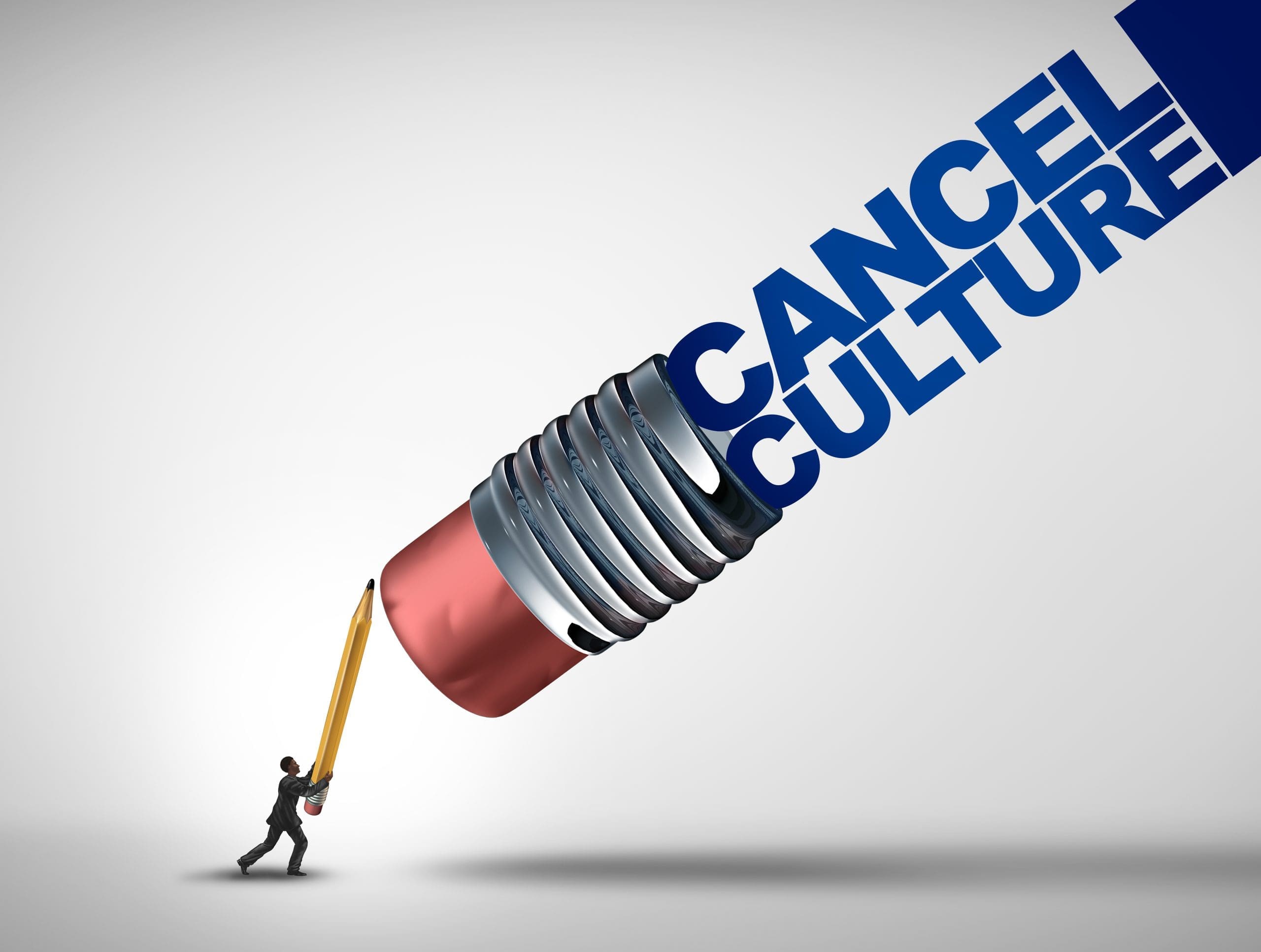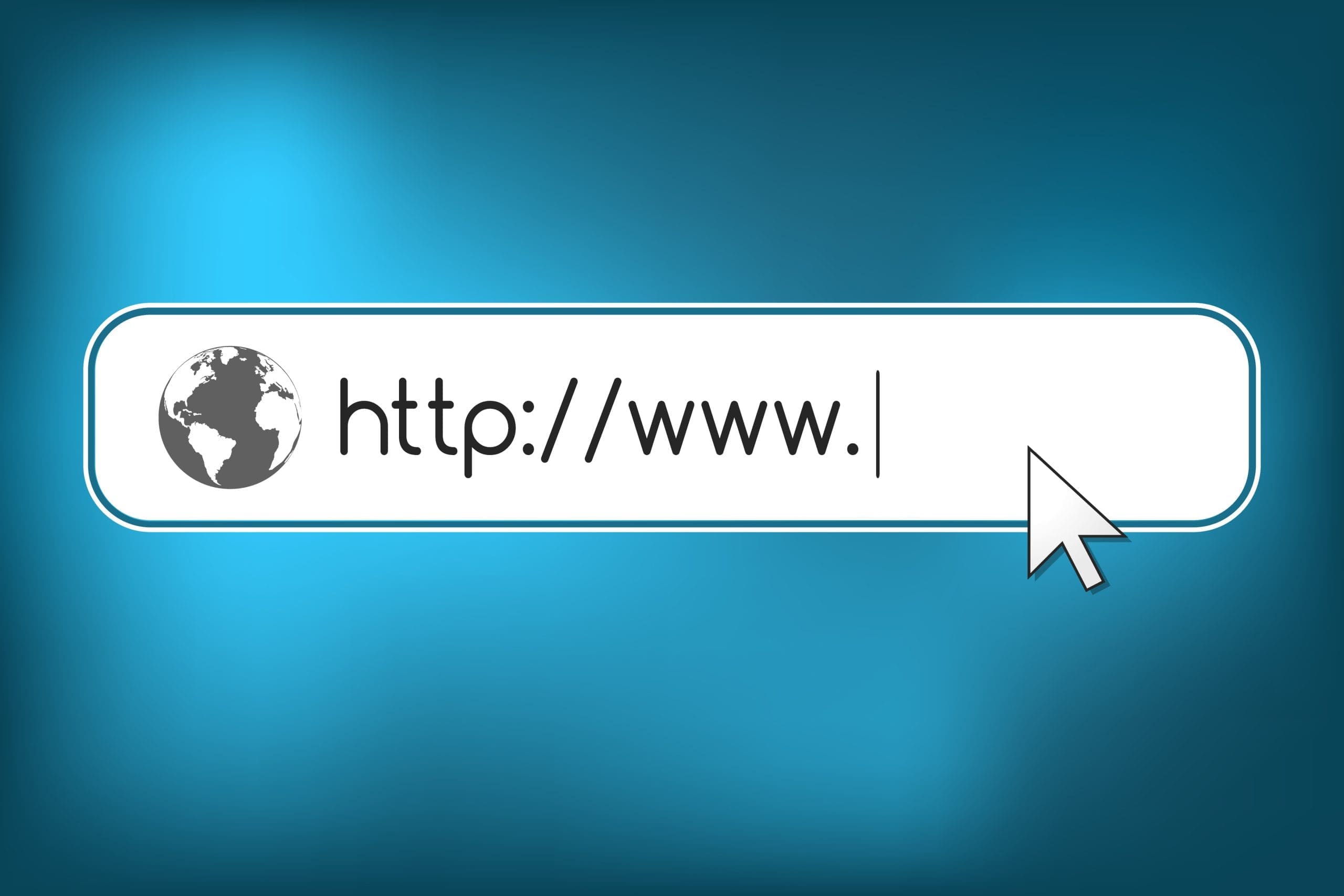
In recent years, “cancel culture” has become prevalent, especially on social media platforms. It refers to boycotting or withdrawing support for an individual or a brand solely due to their controversial actions or beliefs. Cancel culture relies on public shaming and ostracization to hold people accountable for their actions, often leading to severe consequences such as loss of reputation and career opportunities.
Cancel culture has evolved significantly, with the rise of online platforms allowing individuals to express their opinions and hold others accountable. However, while it can be an effective tool for accountability, it can also harm brands and personal branding.
Cancel culture can have various negative effects on personal branding, including damaging one’s reputation, limiting career opportunities, and causing mental health issues. Cancel culture can lead to a tarnished reputation, as individuals and brands may be labeled as “canceled” and face backlash from the public. This can lead to decreased career opportunities, as employers may hesitate to associate with someone who has been “canceled.” Additionally, being the target of corporate cancel culture can have severe impacts on one’s mental health, causing anxiety, depression, and even suicidal thoughts.
To mitigate the effects of cancel culture on personal branding, individuals can take certain measures to protect themselves. Firstly, being mindful of one’s online presence and avoiding controversial behavior on social or political issues can help prevent being targeted by cancel culture. Staying informed and educated on current social issues can also help prevent unintentional offensive behavior. A crisis management plan can also help effectively handle a potential cancel culture situation. Finally, actively engaging in positive community building and fostering a supportive online network can help mitigate the impact of cancel culture.
Businesses can also play a role in supporting their employees in the face of cancel culture. Firstly, fostering a culture of inclusivity and diversity within the company can help prevent offensive behavior that could lead to being targeted by cancel culture. Having a clear code of conduct can also help employees understand what behavior is and is unacceptable. Additionally, providing support and resources for mental health can help employees cope with the negative effects of cancel culture. Lastly, standing by employees facing cancel culture and showing support can help mitigate the consequences and prevent further damage to their brand’s values.
What is Cancel Culture?
Cancel culture publicly criticizes and boycotts individuals or businesses for their controversial statements or behaviors. It involves collectively holding them accountable for consumer behavior by withdrawing support or endorsement. This can lead to serious consequences, including damage to one’s reputation, loss of job opportunities, or even harm one’s career.
Cancel culture is often seen on social media platforms, where individuals or groups publicly denounce and condemn those they believe have behaved inappropriately. It has gained widespread attention in recent years and has sparked discussions about its impact on freedom of speech and the potential for group mentality.
How Has Cancel Culture Evolved?
Cancel culture has evolved significantly, with various developments shaping its current state. Here are the steps that highlight the evolution of cancel culture:
- Early incidents: Cancel culture gained momentum in the early 2010s when prominent figures were called out for making offensive remarks or engaging in inappropriate actions.
- Social media influence: The rise of platforms like Twitter and Instagram provided a space for mass mobilization and amplification of social justice movements.
- Accountability demands: Cancel culture began to focus on holding individuals accountable for their past behavior, particularly regarding issues of racism, sexism, and cultural appropriation.
- Impact on industries: Cancel culture expanded beyond individuals to affect entire industries, leading to boycotts, policy changes, and public apologies.
- Reckoning with privilege: Cancel culture prompted discussions on power dynamics, privilege, and the need for better representation and diversity in media and society.
What Are the Effects of Cancel Culture on Personal Branding?
Cancel culture significantly impacts personal branding, affecting one’s reputation, career prospects, and social standing. When facing cancellation, individuals may experience a loss of followers, endorsements, and job opportunities. Negative online discourse can also damage their image and make it difficult to regain trust. However, there are ways to lessen these effects. Building an authentic and resilient personal brand, transparency, and open dialogue can help navigate cancel culture. It’s also beneficial to surround oneself with a supportive community and seek professional guidance during challenging times. Remember, empathy, growth, and accountability are crucial in managing personal branding in the age of cancel culture.
How Does Cancel Culture Affect Reputation and Impact Career Opportunities?
Cancel culture can greatly impact a person’s reputation. To safeguard against cancel culture branding and its effects, individuals can take the following steps:
- Be mindful of your online presence: Regularly monitor your social media accounts and ensure your posts and comments align with your values.
- Stay informed and educated: Stay updated on current events and societal issues to avoid unintentionally making offensive or insensitive statements.
- Have a crisis management plan: Prepare for facing a backlash by having a strategy to address controversies and effectively communicate your stance.
- Engage in positive community building: Cultivate a supportive network of individuals who share your values and can vouch for your character.
By implementing these strategies, individuals can better their brand identity, navigate the challenges of cancel culture, and safeguard their reputation.
How Does Cancel Culture Impact Career Opportunities?
In response to the challenges posed by cancel culture, individuals should conscientiously curate their online presence to reflect their values, remain abreast of current events to steer clear of inadvertent offensiveness, and establish a crisis management protocol to deal with any disputes that arise effectively. Additionally, fostering a supportive community is key to reinforcing one’s reputation and providing a defense against potential damage to one’s character or career prospects. Taking these proactive steps can help mitigate the risks that cancel culture poses to personal and professional spheres.
How Does Cancel Culture Affect Mental Health?
Cancel culture can lead to mental health challenges such as stress, isolation, diminished self-esteem, anxiety, and depression due to cyberbullying, social exclusion, social media storm, and public scrutiny. To guard against these, individuals should seek social support, practice self-care, limit negative influences, foster self-compassion, and utilize mental health resources. Prioritizing mental health and seeking help when necessary is vital in navigating the pressures of cancel culture.
How Can Individuals Protect Their Personal Brand from Cancel Culture?
With the rise of cancel culture, individuals must be cautious about how their actions and words can impact their brand.
1. Be Mindful of Your Online Presence
Awareness of your online presence is crucial in protecting your brand from cancel culture. Here are some steps to consider:
- Think Before You Post: Be mindful of the potential impact of your words and actions online.
- Monitor Your Social Media: Regularly review and clean up your social media profiles to ensure they align with your personal values and goals.
- Engage Positively: Contribute to meaningful conversations and avoid spreading negativity or engaging in online conflicts.
- Educate Yourself: Stay informed about current events, social issues, and cultural sensitivities to avoid unintentionally causing harm.
2. Stay Informed and Educated
To navigate cancel culture and maintain a strong personal brand, it’s essential to stay informed about current events and social issues, understand diverse perspectives, engage in open dialogues, and be aware of social media policies. This proactive approach to continuous learning and mindfulness of our online actions can foster empathy and integrity in our interactions, helping to avoid potential controversies and harm.
3. Have a Crisis Management Plan
To safeguard your personal brand amidst cancel culture, it’s vital to have a comprehensive crisis management plan that includes anticipating potential issues, forming a dedicated response team, crafting a clear communication strategy, and monitoring digital platforms for emerging threats. Quick, transparent responses, sincere apologies for missteps, and concrete actions to prevent recurrence are key. Ongoing engagement with your target audience and fostering an inclusive community are important in maintaining a positive brand image.
4. Engage in Positive Community Building
To counteract cancel culture’s impact on personal branding, it’s important to engage with and contribute to your community positively. Building relationships with individuals and groups that share similar values, participating in community initiatives, using social media to forge genuine connections, and handling feedback with empathy are all strategies that can strengthen your brand perspective and support network. This approach helps build a resilient personal brand and fosters a culture of inclusivity and growth.
What Can Businesses Do to Support Their Employees in the Face of Cancel Culture?
In addressing the complexities of cancel culture, businesses must take a multifaceted approach to protect their brand and support their workforce. Beyond fostering inclusivity and establishing a clear code of conduct, companies should:
- Empower employees with decision-making autonomy in areas impacting diversity and inclusivity, reinforcing their commitment to these values.
- Regularly reassess and update company policies to align with evolving societal norms and legal requirements.
- Provide platforms for minority voices within the organization to be heard and represented in branding and decision-making processes.
- Develop a robust system for conflict resolution that emphasizes restorative justice over punitive measures, promoting learning and growth from mistakes.
- Advocate for employees in public forums, standing against unwarranted cancel culture attacks and demonstrating a commitment to their workforce.
Businesses should also prioritize transparency in their operations and communications, ensuring stakeholders understand the company’s stance on political or social views or issues and its efforts to maintain an ethical, inclusive culture. This level of openness can often pre-empt the negative effects of cancel culture by establishing a track record of accountability and responsiveness.
Furthermore, companies can engage in community outreach and social responsibility initiatives, thus broadening their positive impact and building a brand synonymous with progressive values and social good.
By incorporating these practices, businesses not only navigate the challenges of cancel culture but also contribute to a more understanding and forgiving societal discourse.
You might also like
The Role of Personal Websites in Reputation Management
In recent years, “cancel culture” has become prevalent, especially on social media platforms. It refers to boycotting or withdrawing support …

